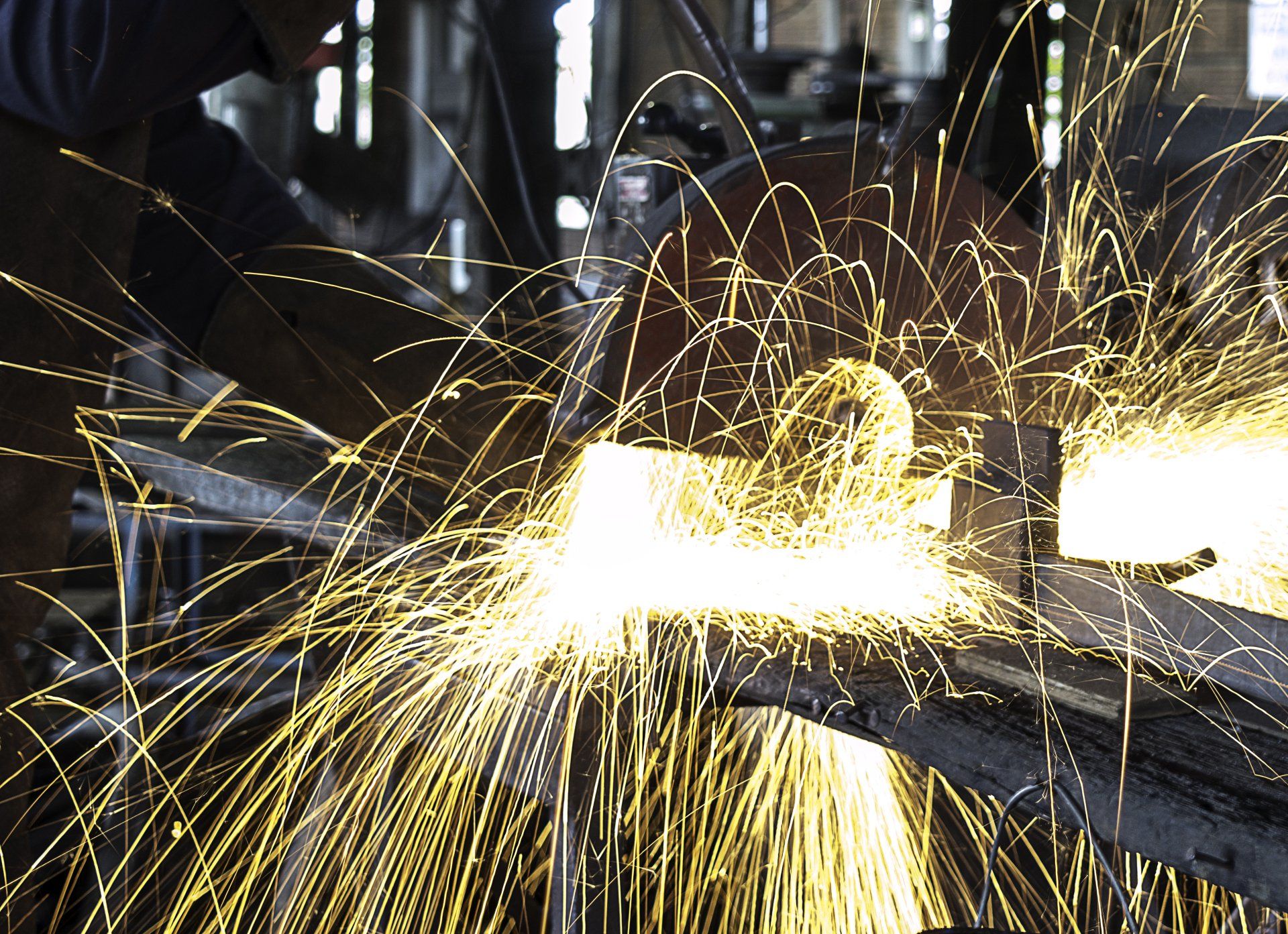How Sleep Apnea Can Be a Contributing Factor to Car Wrecks
Falling asleep at the wheel is one of the most dangerous events a driver can go through.
A collision is almost inevitable, and the driver’s inability to react to these kinds of situations can result in accidents that are more severe than they would be in the first place.
However, you don’t have to be fully asleep for your fatigue to put you in danger. Driving while tired can put you at much greater risk of a car accident, something which may disproportionately affect those with sleep apnea. This can also make it harder for those with sleep apnea to defend themselves against car accident liability.
With all of this in mind, if you’ve been involved in a sleep apnea-related car accident, you may want to consider seeking the assistance of a skilled lawyer. Today, your compassionate Houston car accident attorneys at Lapeze & Johns, PLLC , will go over everything you need to know about how sleep apnea can cause car wrecks.
What Is Sleep Apnea?
Sleep apnea is a disorder where abnormal breathing occurs during sleep. This can be caused by muscles in the throat, issues with brain signals, or both. According to the American Academy of Sleep Medicine (AASM), there are at least 25 million Americans who suffer from sleep apnea.
Sleep apnea can cause headaches in the mornings, difficulty staying asleep, difficulty staying awake throughout the day, irritability, and difficulty paying attention.
How Can Sleep Apnea Affect Driving?
It’s no surprise that those with sleep apnea may face a higher risk of car accidents. Indeed, this increased risk has been studied by sleep experts in efforts to reduce driving risks for those who live with the condition.
“Excessive daytime sleepiness is a common symptom of obstructive sleep apnea,” AASM President Dr. Timothy Morgenthaler wrote. “Effective identification and treatment of sleep apnea is essential to reduce avoidable, life-threatening accidents caused by drowsy driving.”
According to a study conducted by AASM, drivers with sleep apnea are roughly 2.5 times more likely to be in a car accident compared to other drivers. The study also showed that the use of sleeping pills, excessive daytime sleepiness, and getting an average night’s sleep of five hours or less can all contribute to the likelihood that a driver will crash.
Sleep Apnea Versus Driving Tired
Both sleep apnea and insufficient sleep can slow reaction time and impact your thinking and decision-making. However, while someone without sleep apnea might be a relatively safe driver under normal circumstances, someone who suffers from sleep apnea may still be at considerable risk even if they don’t feel tired, according to a study done at Brigham and Women’s Hospital’s division of sleep and circadian disorders.
The good news is, sleep apnea sufferers who received treatment saw their chances of getting into an accident fall by 70%. While they are still at greater risk compared to other drivers, treatment has shown promise in decreasing that risk.
Fatigue, Sleep Apnea, and Texas Car Accidents
So, how does all of this affect Texas drivers? First, in Texas in 2019 , over 9,000 car accidents were caused by fatigued or asleep drivers. Thankfully, 98% of those accidents weren’t deadly. Fatigue-related accidents were also roughly as common in urban areas as in rural, though urban crashes were 2% less likely to result in a fatality compared to fatigue accidents in rural areas.
When it comes to overall sleepiness, Texas has a pretty good record. America’s Health Rankings found that roughly 35% of Texas adults report getting insufficient sleep each night, exactly the same as the national average. Healthy People 2030, a project aimed at raising American health outcomes, recognizes insufficient sleep as a national health crisis and directly ties addressing that issue to reducing drowsy driving accidents.
Seeking Compensation for Your Fatigue-Related Car Accident
If you’ve been involved in an accident caused by the actions or negligence of another party, you may be owed compensation. Given their increased risk of accidents, those with sleep apnea could face a harder time seeking compensation or defending their lack of liability.
If you’ve been injured in a sleep apnea-related car accident in Texas, contact the Houston car accident attorneys of Lapeze & Johns today for help determining if you may be owed compensation.



